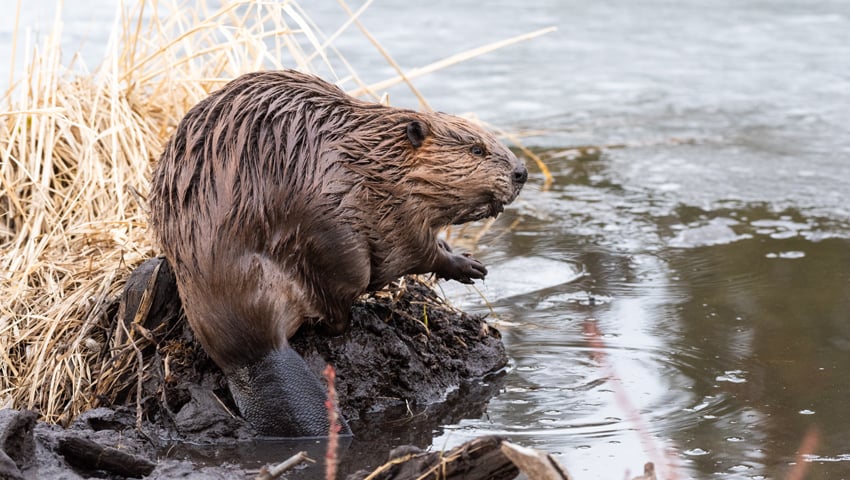THE Environment, Food and Rural Affairs (Efra) Committee has published the Government’s response to its report on Species Reintroduction, in which MPs considered Defra’s approach to the ongoing and often contentious reintroduction of species such as beavers, eagles and bison.
The Committee drew attention to the potential benefits that species reintroduction could offer but noted that reintroductions require careful long-term plans to identify and manage potential adverse effects on local communities and other land users.
In their report, published in July, the Efra Committee cited that species reintroduction could help government to meet its biodiversity and species abundance goals and could benefit local communities, restore ecosystems and secure the future of organisms in the wild. The Committee made a series of detailed recommendations on the government adopting a long-term strategic vision on species reintroduction. MPs called for the Government to produce a list of priority species for reintroduction.
It also noted, however, that species reintroduction can be controversial and can carry the risk of potential adverse effects on local communities, as in the case of beaver reintroduction. The Efra Committee’s report recommended categorising species according to levels of risk to stakeholders, (low, medium or high) and emphasised the importance of a pre-reintroduction management plan for each species.
In its response to the report, Defra states that ‘the reintroduction of species is not a priority for the government’ and that the government aims to reach its biodiversity targets through other methods including habitat restoration and biodiversity corridors.
Defra says it will not be producing a strategy or a list of priority species for reintroduction and referred instead to the Government’s Code for Reintroductions. To the proposal of a three-tiered list of risk levels, Defra disagreed, responding that the level of risk from any species is dependent upon local circumstances.
Efra’s report recommended that a Species Reintroduction Strategy should include budgetary provision to support farmers and landowners in case of adverse effects of reintroduction. Responding to Efra’s proposal, the government stated that the primary mechanism for government funding for farmers would be through ELMS (environment land management schemes).
Sir Robert Goodwill, Chair of the Environment, Food and Rural Affairs Committee, said, “The government has said that species reintroductions are not a priority and so it will not produce a strategy for managing them. This is despite the fact that reintroductions are currently taking place in the UK and raising concerns in farming and rural communities, particularly in relation to increased flooding risks arising from beaver reintroductions.
“The government has in the past played a role in supporting the reintroduction of lost native species, including the red kite and pool frog. However, given the important potential benefits of species reintroduction and considering the government’s own targets on biodiversity, it is concerning that they do not have a plan on species reintroduction and disappointing that they have not responded positively to our report and taken more steps to manage the reintroductions taking place as we speak.”
A Defra spokesperson responded, “We have consistently supported the reintroduction of recently lost former native species when it has been appropriate to do so. Species such as the large blue butterfly, red kite and pool frog have already been reintroduced.
“To achieve our ambitious targets for biodiversity we are focussed on habitat restoration, creation and improved connectivity; tackling pressures on species including pollution, unsustainable use of resources and climate change; and targeted action to recover specific species.”
Read the Efra Committee report
Read the government’s response
